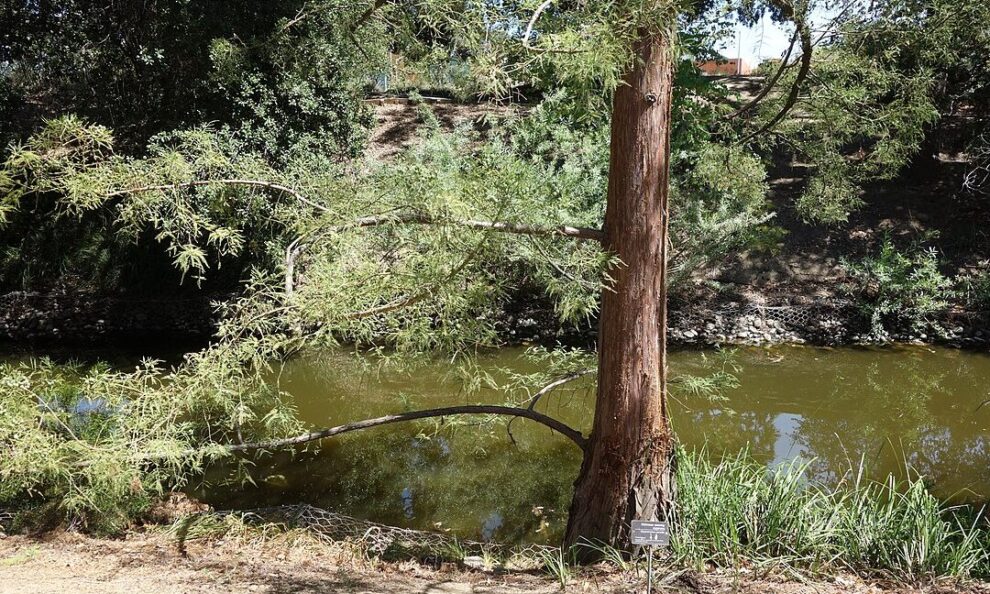The Destructive Legacy of the Han Empire’s Invasion of Nanyue
The history of the Han Empire’s conquest of Nanyue, a kingdom located in what is now southern China, reflects both the grandeur of imperial ambition and the often-overlooked environmental consequences of warfare. In 111 BCE, following a period of escalating tensions marked by political intrigue and assassination, the Han Emperor dispatched a massive invasion force aimed at asserting control over the rebellious vassal state of Nanyue. This momentous event not only led to military success but also had profound implications for the local environment and agriculture.
Military Might and Strategic Destruction
The Han Empire, which arose after the collapse of the Qin Dynasty, viewed Nanyue as a vital asset but faced resistance from its rulers who sought to maintain their autonomy. The military campaign was led by General Lu Bode, commanding an army estimated to range from 100,000 to 200,000 soldiers. This overwhelming force marched from five different directions to converge on Panyou, Nanyue’s capital, nestled in the fertile Pearl River Delta—close to today’s Guangzhou.
In a controversial tactical decision, a company commander named Yang Pu ordered the city to be set ablaze. The ensuing fire spiraled out of control, resulting not only in the destruction of Panyou but also devastating surrounding landscapes. "The fire not only destroyed the city but also ran out of control to the surrounding forests," researchers noted, indicating the extent of the environmental catastrophe that followed the military aggression.
Environmental Impact and Agricultural Shift
At the time of the invasion, the region surrounding Panyou was characterized by swampy terrains and dense cypress forests, which had supported human habitation and rice agriculture for millennia. Archaeological evidence indicates that local communities practiced slash-and-burn agriculture on a small scale, carefully rotating their crop fields to allow forests to regenerate. This sustainable practice sharply contrasted with the catastrophic fire caused by Yang Pu’s orders.
The cypress trees, once a thriving part of this ecosystem, were obliterated, leaving behind only submerged stumps as they sank beneath layers of peat. As the remnants of this ancient forest disappeared, the local flora shifted dramatically. Subsequent layers of sediment revealed a surge in pollen from the Poaceae family, indicating a transition towards a landscape dominated by grasses. This change facilitated the introduction of cereal crops such as rice, wheat, and barley—an agricultural revolution that would shape the region’s future.
Controversial Narratives and Implications
While the military conquest of Nanyue is often celebrated as a feat of the Han Dynasty’s expansion, the ecological ramifications are rarely highlighted. Environmental historians suggest that the scorched earth tactics employed during warfare not only decimated human settlements but also irrevocably altered the landscape and local ecosystems. The effects of such strategic decisions ripple through time, shaping agricultural practices and biodiversity.
Furthermore, there is an ongoing debate among scholars about the extent of responsibility attributed to the Han Empire in the environmental changes that followed. Some argue that the invasion’s repercussions—that included both socio-political consolidation and ecological degradation—serve as an early example of how military actions can lead to profound and lasting environmental shifts.
Conclusion: The Lasting Legacy of Conquest
In retrospect, the invasion of Nanyue by the Han Empire showcases the intricate interplay between warfare, governance, and environmental management. The actions taken during this campaign not only altered the course of history by integrating Nanyue into the Han realm but also initiated significant changes in the ecological fabric of the region. This historical episode prompts a reflection on the consequences of military actions on the environment, emphasizing that such decisions carry long-term implications that often outlast the immediate outcomes of victory or defeat. As contemporary societies grapple with the effects of climate change and ecological degradation, lessons from the past—such as those arising from the Han Empire’s conquest—remain strikingly relevant.









